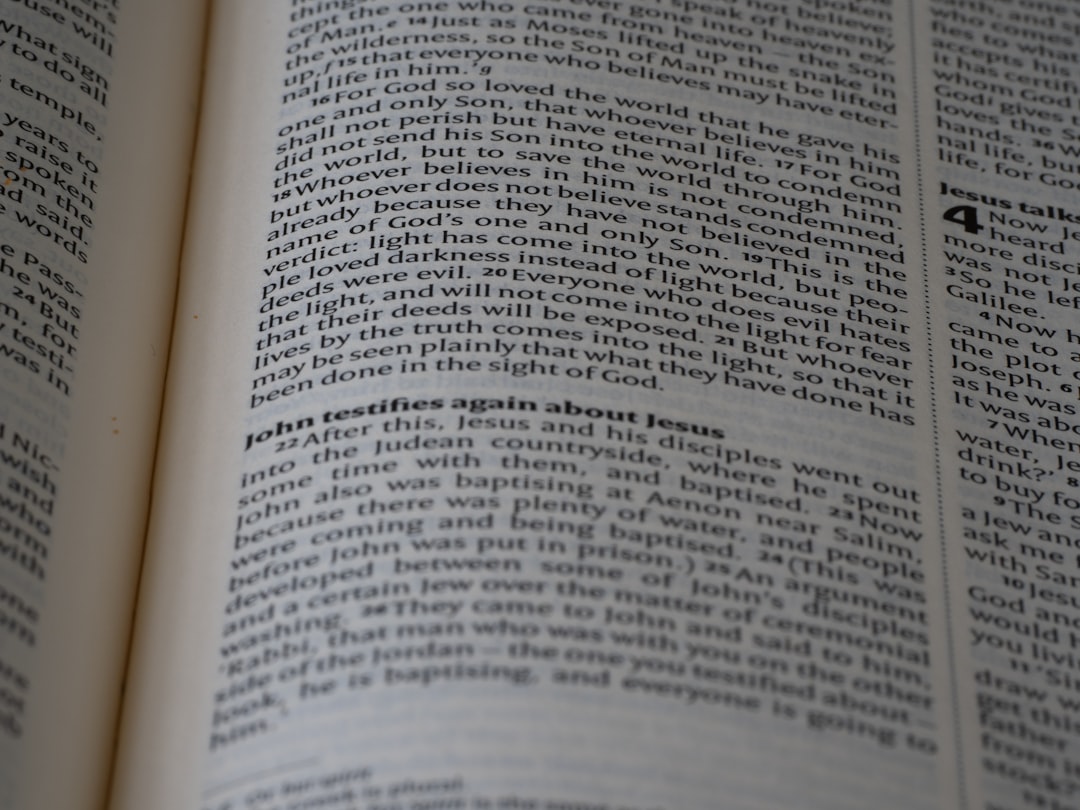The Role of Language in Shaping European Cultural Identity

The role of language in shaping European cultural identity is a fascinating topic that deserves our attention. Language serves as a medium not only for communication but also for expressing the rich tapestry of cultures within Europe. As I delve into this subject, I invite you to discover how multilingualism and cultural exchange interact to influence European identity.
Understanding Cultural Identity
The Concept of Cultural Identity
Cultural identity encompasses the shared beliefs, values, norms, and practices that define a group. It reflects who we are and where we come from. In Europe, cultural identity is often tied to language. For many, their mother tongue is a significant aspect of their identity, embedding history and traditions unique to their region.
Language as a Marker of Identity
Language can act as both a unifier and a divider. In places like Belgium and Switzerland, multiple languages exist side by side, each contributing to the country's cultural mosaic. For instance, French-speaking Walloons may feel a distinct cultural connection through their language that contrasts with the Dutch-speaking Flemish. Thus, languages not only convey meaning but also reinforce social ties and group belonging.
Multilingualism as a Cultural Asset
The Benefits of Speaking Multiple Languages
Multilingualism offers numerous benefits to individuals and societies. It enhances cognitive flexibility and problem-solving skills, which can be particularly valuable in today's complex world. Additionally, speaking multiple languages facilitates cross-cultural communication, enabling people to interact with diverse groups and fostering greater understanding among them.
A Case Study on Multilingual Societies
Switzerland serves as an exemplary model of multilingualism at work. With four official languages—German, French, Italian, and Romansh—its citizens navigate daily life in a richly textured linguistic environment. This diversity nurtures respect for different cultures and perspectives, demonstrating how multilingualism can strengthen collective identity rather than weaken it.
The Impact of Cultural Exchange
Language as a Vehicle for Cultural Exchange
Cultural exchange is vital for shaping identities across Europe. Through literature, music, art, and cuisine communicated in various languages, people are exposed to new ideas and practices that enrich their own experiences. For example, when Italian cuisine influences French gourmet cooking, it creates hybrids that reflect broader cultural dialogues.
European Union Initiatives Encouraging Cultural Exchange
Institutions like the European Union have recognized the significance of language in promoting cultural exchange. Initiatives such as Erasmus+ allow students to study abroad in different linguistic contexts, immersing themselves in new cultures while perfecting their language skills. These experiences create lasting ties between participants that enhance mutual understanding across borders.
The Challenges of Language Preservation
Threats to Minority Languages
Despite the benefits of multilingualism and cultural exchange, many minority languages face extinction. Factors such as globalization and migration pressures often push speakers toward dominant tongues like English or Mandarin. This trend jeopardizes not just the languages themselves but also the unique cultural identities they represent.
Efforts Toward Preservation
To combat these challenges, various grassroots movements focus on language preservation efforts. In regions such as Catalonia or Wales, activism promotes not only the use of local languages in education but also encourages everyday speech among younger generations. Programs emphasizing bilingual education offer promising avenues for maintaining linguistic diversity while celebrating cultural heritage.
Conclusion: The Intricate Weave of Language and Identity
Reflecting on the significant role language plays in shaping European cultural identity leads me to recognize several key points:
- Cultural identity is deeply linked to language.
- Multilingualism strengthens social cohesion and broadens perspectives.
- Cultural exchange enriches individual experiences through exposure to diverse ideas.
- Challenges related to language preservation must be confronted with urgency.
Language serves as much more than just a means of communication; it is a gatekeeper to our diverse identities shaped by history and culture. By fostering respect for languages and committing ourselves to multilingualism, we celebrate the richness that diversity provides while paving the way for a more inclusive future. To deepen your understanding of multilingual resources available online, consider exploring dictionaronline.eu, which provides valuable insights into language learning and preservation efforts across Europe.




